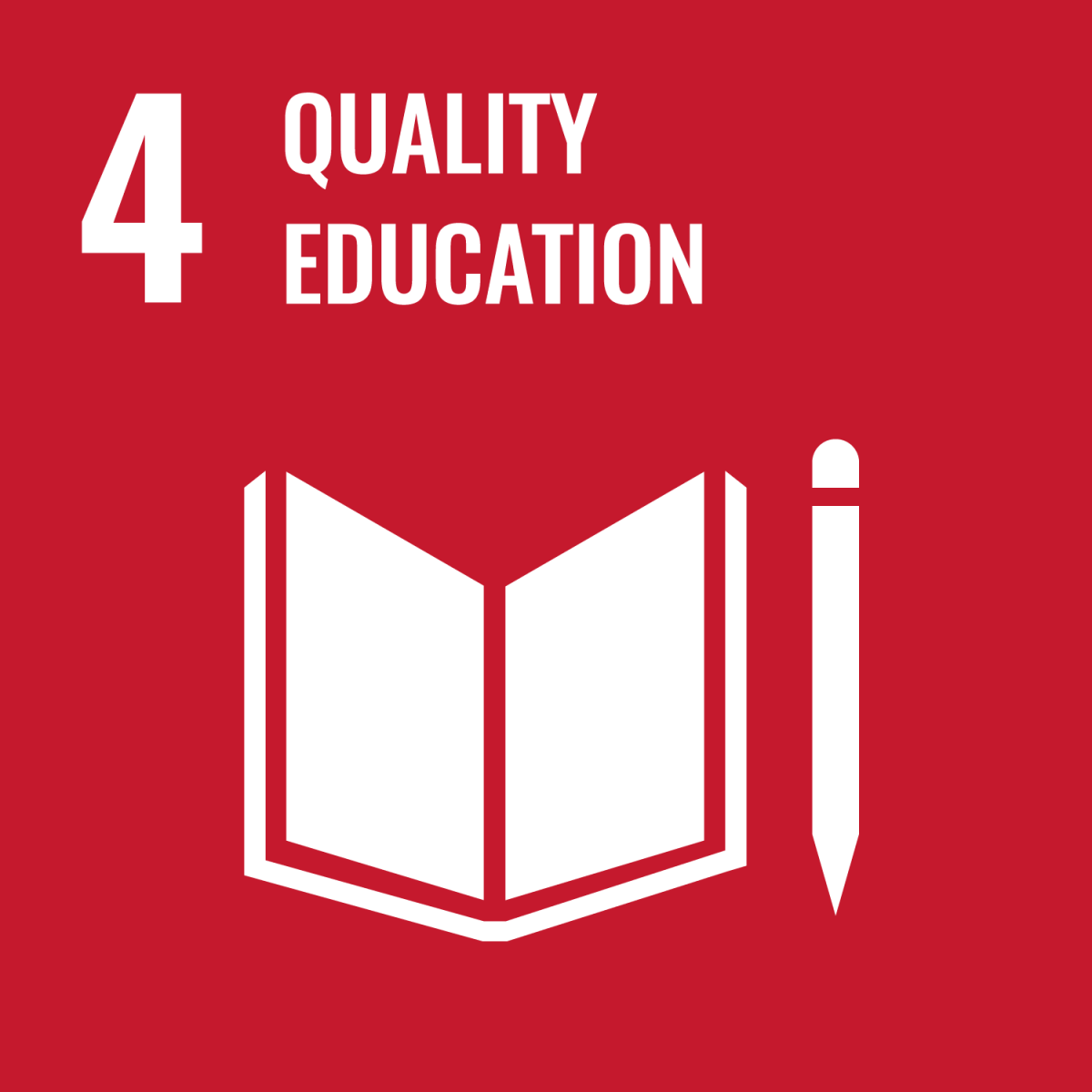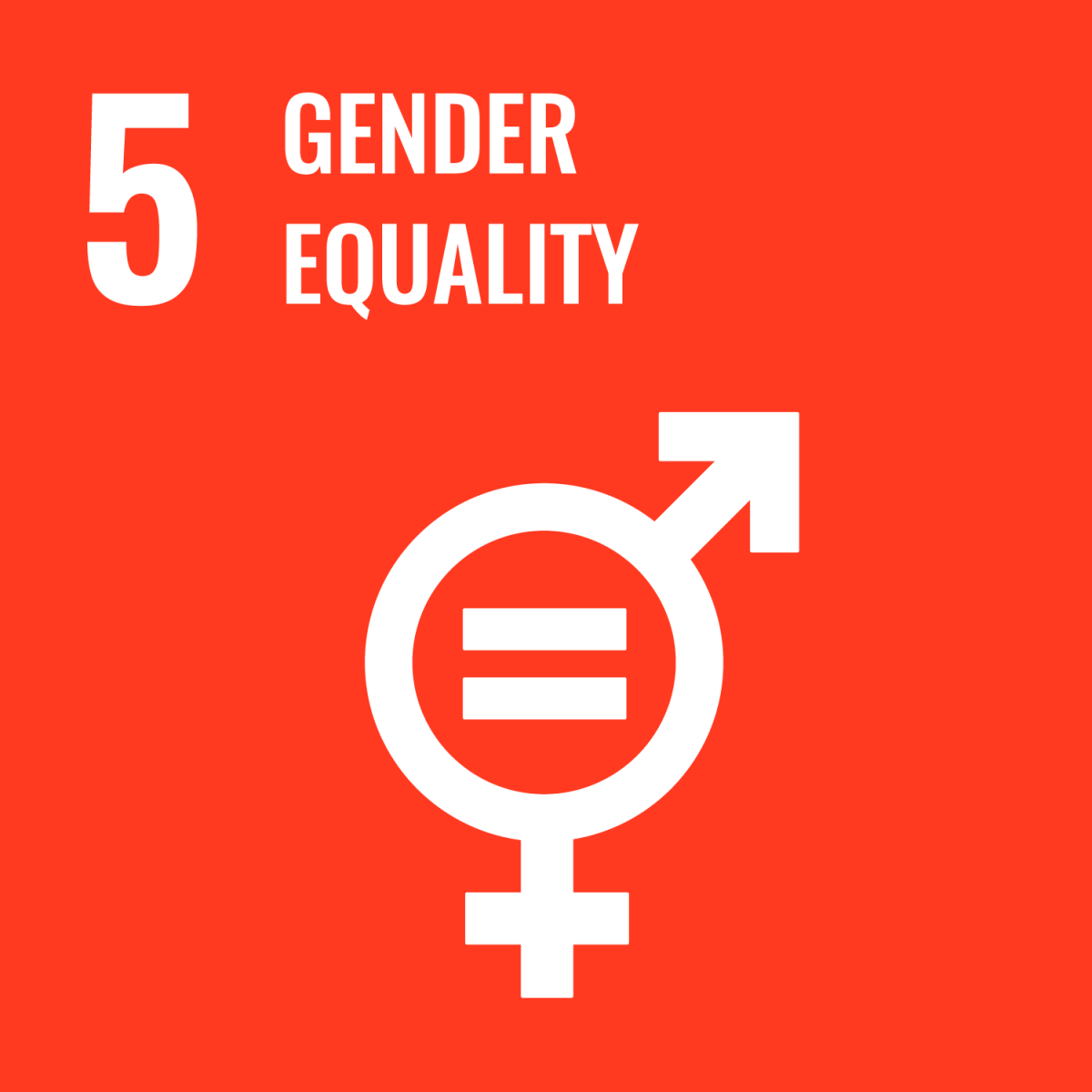Dr. Robert Bullard is generally considered the “father of Environmental Justice.” Dr. Bullard visited (virtually) Penn State in 2020 to deliver the Sustainability Institute’s Environmental Justice Year keynote address with the talk “Environmental Justice: Where racism, climate and COVID meet.” More from that year’s series of events (developed by Sustainability Institute interns, one of whom was EMS Geography student Nebraska Hernandez) is available at https://express.adobe.com/page/QW49W094lrCI6/.
The Penn State Environmental Justice Team delivered the 2021 Colloquium on the Environment Kenote Address “Mapping a Just and Sustainable Future for Pennsylvania”.
The website Transition Studies: Exploring Transitions to a Just and Sustainable Future on a Finite Planet offers a number of resources and videos on environmental justice, several of which were recommended in relation to Dr. Bullard’s 2020 talk.
The U.S. Environmental Protection Agency (EPA) has relevant resources online.
The practice of “redlining” underlies many of the disparities we see today. To learn more about redlining, the Sustainability Institute recommends Richard Rothstein’s The Color of Law. Two reports from the NAACP were referenced in Dr. Bullard’s Penn State talk: Fumes Across the Fence-Line, A New Study by NAACP, Clean Air Task Force, and National Medical Association and Fossil Fueled Foolery 2021 edition.
Delegates to the First National People of Color Environmental Leadership Summit held on October 24-27, 1991, in Washington DC, drafted and adopted these 17 principles of Environmental Justice. Since then, the Principles have served as a defining document for the growing grassroots movement for Environmental Justice.
John Muir in Native America: Muir's romantic vision obscured Indigenous ownership of the land—but a new generation is pulling away the veil. “For centuries, American settlers drove Native Americans from their land, and largely eliminated them from conversations about nature and establishments like national parks. Now an environmental group, the Sierra Club, is examining its own role in excluding Native Americans.”
Why Environmental Justice is Key to Life on a Sustainable Planet: Studying the history of environmental action can help us create sustainable and equitable solutions for our shared future.
Building a Movement: America has a long history of clustering heavy industry and toxic facilities in communities where people of color live. But in the 1980s, a series of events sparked a movement to fight back against these environmental injustices. We trace the history of the environmental justice movement from the farmlands of North Carolina to a watershed moment in the nation's capital.
The Riverkeeper: Fred Tutman is a voice for Maryland’s Patuxent River. In 2004, he founded Patuxent Riverkeeper, an environmental advocacy organization. His mission is to protect and preserve all 110 miles of the Patuxent—a mission that takes him to the courtroom and to the riverbank. Fred is also the only African American "Riverkeeper" in the Waterkeeper Alliance in the U.S., which he sees as an indicator of an environmental movement that is incomplete—one the planet will pay the price for.
PA Environmental Justice Areas DEP’s Definition of Environmental Justice (EJ) areas was updated on September 16. Find out more about the EJ Policy Revision or review the PennEnviroScreen tool and Methodology Document. There is also a short video overview on PennEnviroScreen and a Tutorial on PennEnviroScreen.
The Pennsylvania Environmental Justice Mapping and Screening Tool (PennEnviroScreen) available online. The state-of-the-art mapping tool will allow DEP to more accurately identify communities facing environmental justice issues using more than 30 environmental, health, and socioeconomic indicators.
When elephants fight: The Democratic Republic of Congo has been called a geological scandal due to its mineral rich soil. Unfortunately, those minerals, necessary to sustain today's technology, are funding the deadliest war since WWII. The film is available through Penn State University Libraries: When elephants fight / written and directed by Mike Ramsdell ; produced by Under the Hood Productions. View the trailer.
The 17 Principles of Environmental Justice






